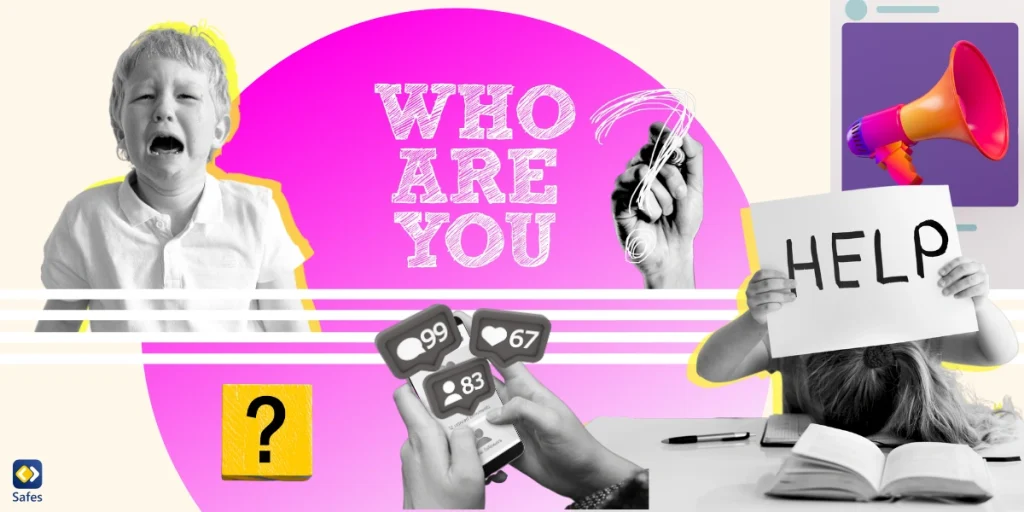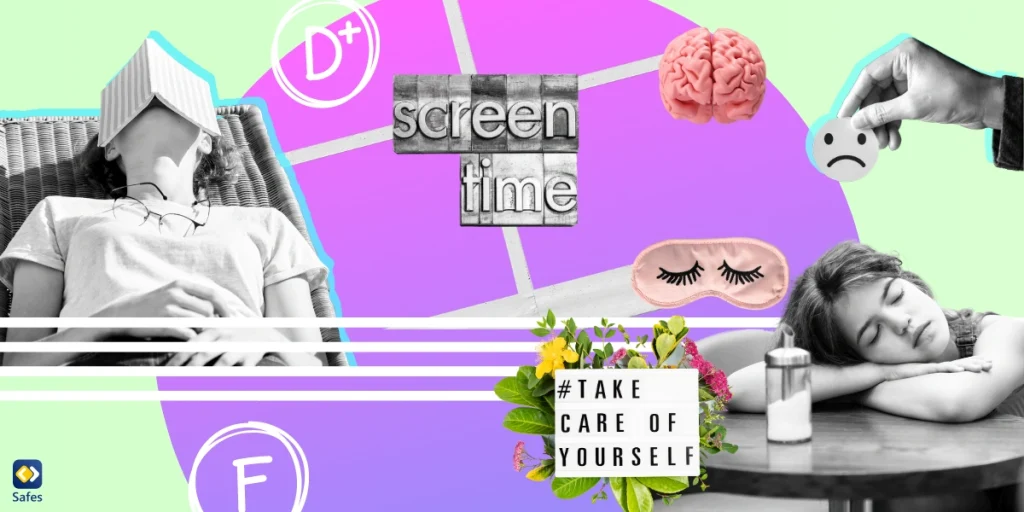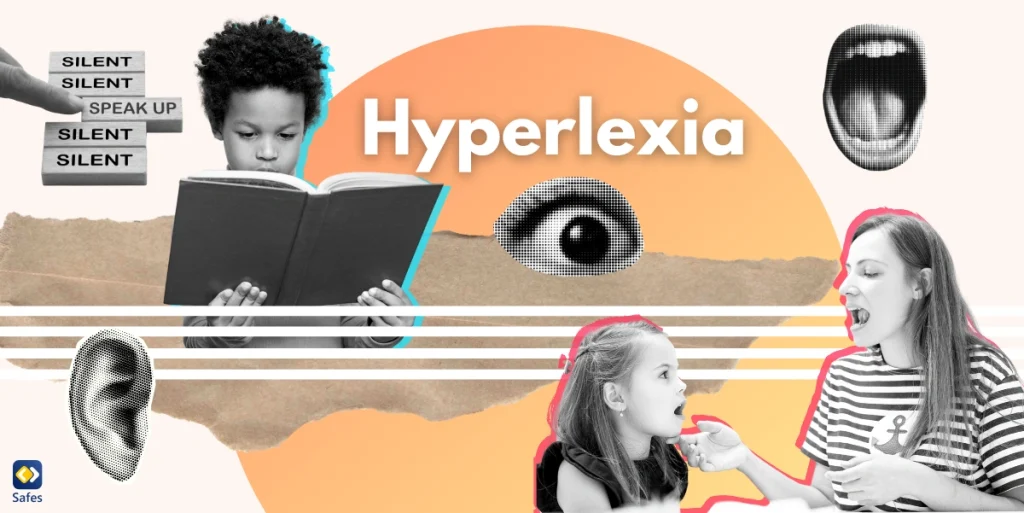Stuck in the middle of various hormonal, physical, and emotional messes, teenagers have to deal with all sorts of challenges, one of which is self-doubt. They are at an age where they have to explore their identity and make important decisions about their career. However, it’s not very unusual for a teenager to think that they’re not good enough to do the things that will build their future. In this blog post, we’ll discuss self-doubt definition and offer strategies to parents on how to stop self-doubt and help their children find their true potential.
Download and Start Your Free Trial of the Safes Parental Control App
Understanding Teenage Self-Doubt
To learn how we can help our teenagers overcome self-doubt, we must first know what it is. The general self-doubt meaning is “a lack of certainty regarding one’s abilities, actions, and decisions.” A person with self-doubt constantly overthinks the things they have done or doubts their ability to do the things that they’ll have to do.
It can be quite easy to confuse self-doubt with low self-esteem. However, while these two concepts are very close, there are some nuances that should be considered: Self-esteem is a more general concept that refers to the overall value a person attributes to themselves. Self-doubt, on the other hand, causes constant hesitation and questioning. While these two concepts are quite different, they are interrelated. For instance, according to Dr. Carol, having too much self-doubt can lead to low self-esteem in teenagers. Also read: How Does Social Media Affect Teenagers’ Self-Esteem?

Common Triggers and Causes
What causes self-doubt in teenagers? Let’s see some of the most common causes:
Overly Critical Parents
We all try to give our children some tough love from time to time. We do it because we want them to be better people and think that blessing them with an honest opinion and some restrictions can do the trick. There is nothing wrong with that necessarily; but if you’re constantly criticizing your child for the smallest issues, then you should definitely stop! Because children who are severely criticized by their parents tend to internalize those criticisms, which leads to developing a negative self-image.
Social Media
Teenagers are on a quest to find their identity, and observing other people is one of the things they do for it. Social media makes it easy for them to see other people’s lives, read their opinions, and find role models. The problem is that people tend to idealize their lives on these platforms. A teenager who sees all these fit bodies, luxurious vacations, and unbelievable success stories, is prone to developing unrealistic expectations of themselves. And when they fail to live up to them, they become uncertain of their abilities and feel below par.
Even though social media has turned into a modern day essential, the negative impacts that come with it have been concerning parents recently. A good solution to this problem would be to use a parental control app like Safes. It’s one of the best ones out there and allows parents to monitor their children’s activities on social media and the internet, making sure that they’re safe. Safes can be easily integrated into your parenting. You just have to install it on your device, regardless of whether your operating system is Android, iOS, or Windows.
Begin your 14-day free trial today without needing a credit card to explore all its advanced features.
Fear of Failure
Usually, we tend to be more accepting of our younger children. They are not expected to do anything special, and their mistakes can be justified by their age. On the contrary, when they reach their teenage years, there will be various expectations that they will have to live up to. For example, they are expected to get good grades, behave appropriately, be liked by peers, and get ready for adulthood. If they have been blamed for their past mistakes and failures by important people around them, they will likely doubt their abilities to reach these goals too.

Overcoming Self-Doubt
Here are some ways you can help your teenager overcome feelings of self-doubt:
- Be encouraging: Instead of focusing on the negative, praise your child every time they do something good. Use positive affirmations and cite encouraging self-doubt quotes.
- Teach them about the deceptive nature of social media: Let them know that all those perfect lives on social media have been selected, edited, and altered to present an image that is not true.
- Encourage taking chances: People with self-doubt tend to abstain from starting anything new because they’re afraid they might fail. Teach your child to take a leap of faith and tell them that even if they fail, it’s going to be okay.
- Outwork your self-doubt: Self-doubt works hard to convince teenagers that they don’t have what it takes to do something. Practice working hard to counteract its malicious fabrications.
- Foster a flexible perception of ability: People who think that abilities are fixed traits that are only possessed by special people, tend to be affected more by self-doubt. Try to instill in your child the belief that with practice, they can learn to do the things that other people do.
Conclusion
Adolescence is a tricky time, one that can fill our children with uncertainty and self-doubt. Our role here as parents is very important: We can be the reason why our children question every decision they make, or we can be the person who encourages them to be confident and self-assured people. Since self-doubt can make them miss out on many important opportunities in the future, it’s important to choose wisely. So, think twice the next time you want to scold your child because they have made a mistake!
Your Child’s Online Safety Starts Here
Every parent today needs a solution to manage screen time and keep their child safe online.
Without the right tools, digital risks and excessive screen time can impact children's well-being. Safes helps parents set healthy boundaries, monitor activity, and protect kids from online dangers—all with an easy-to-use app.
Take control of your child’s digital world. Learn more about Safes or download the app to start your free trial today!




